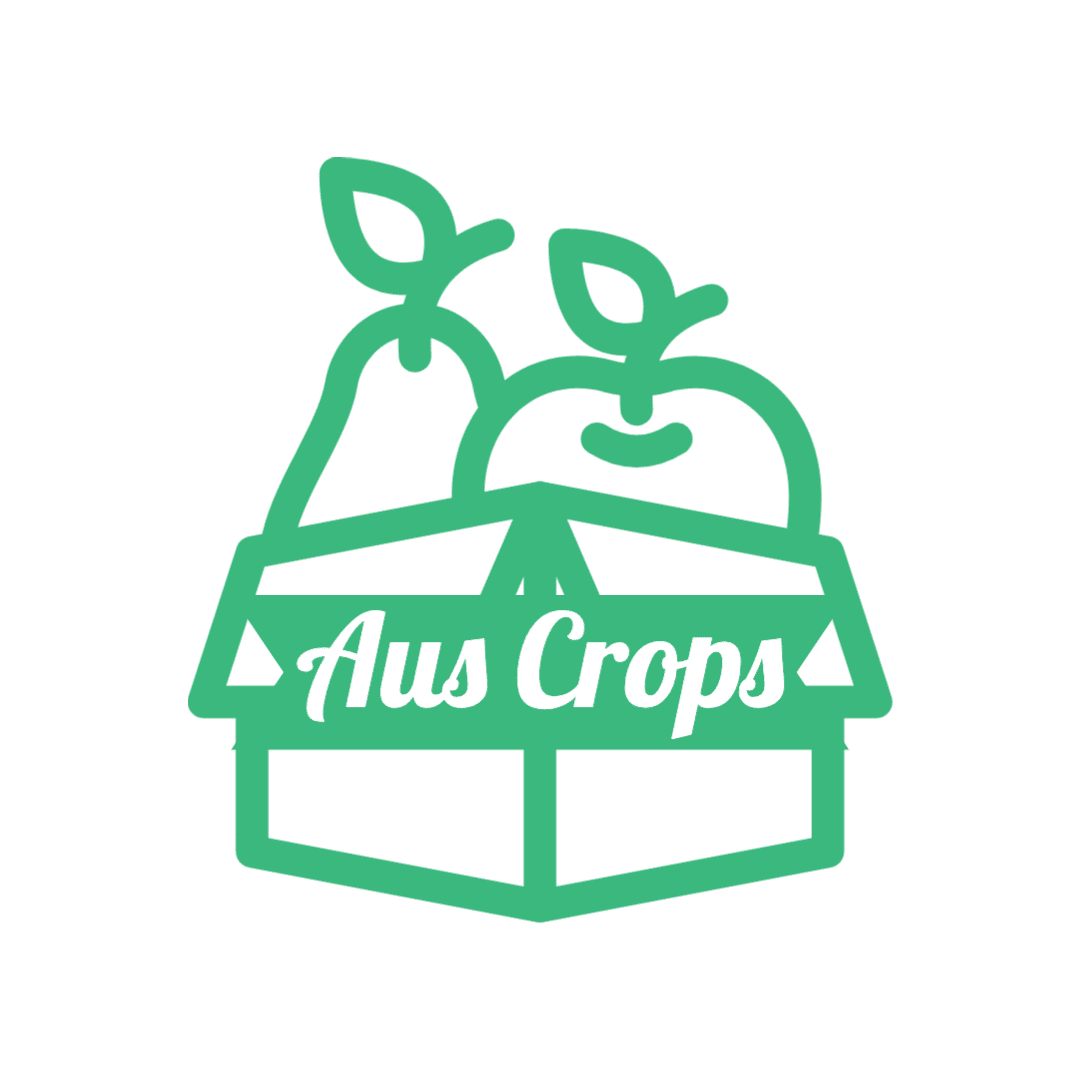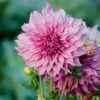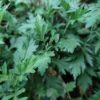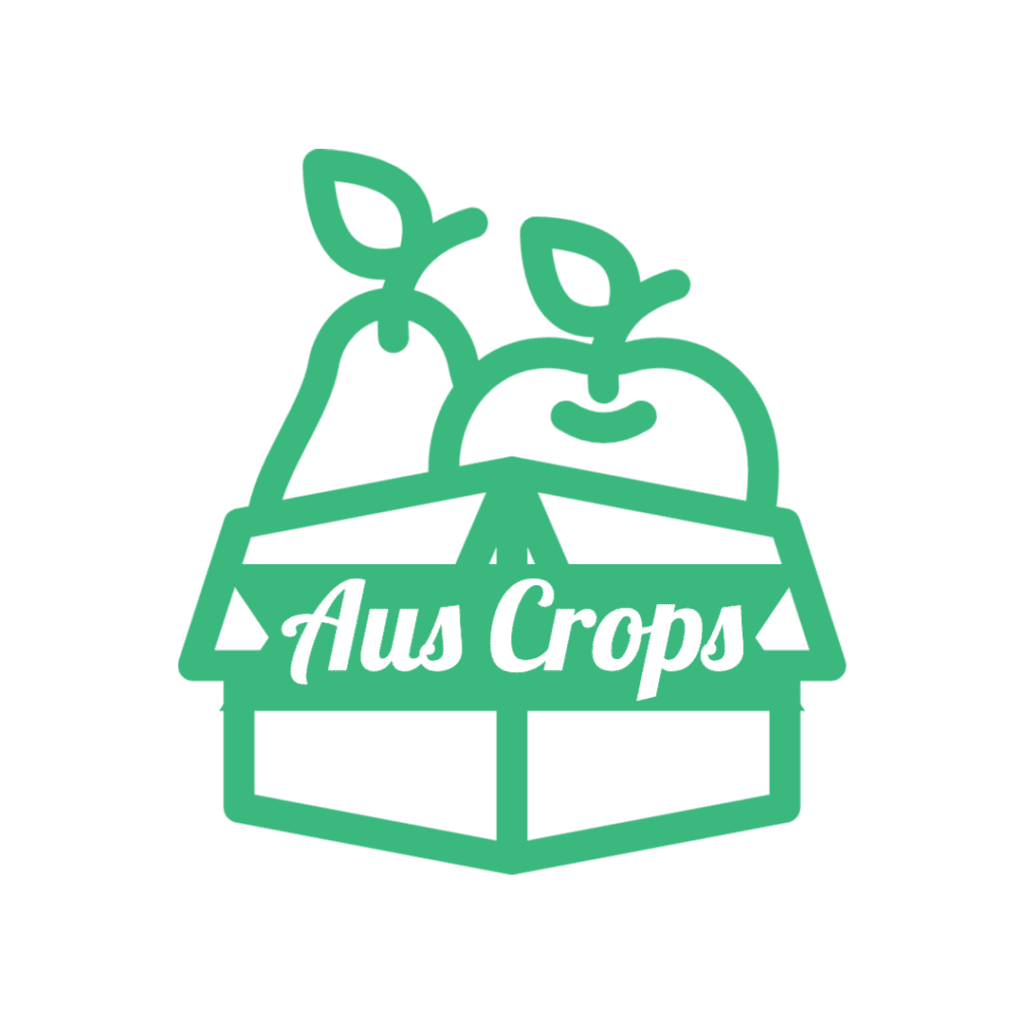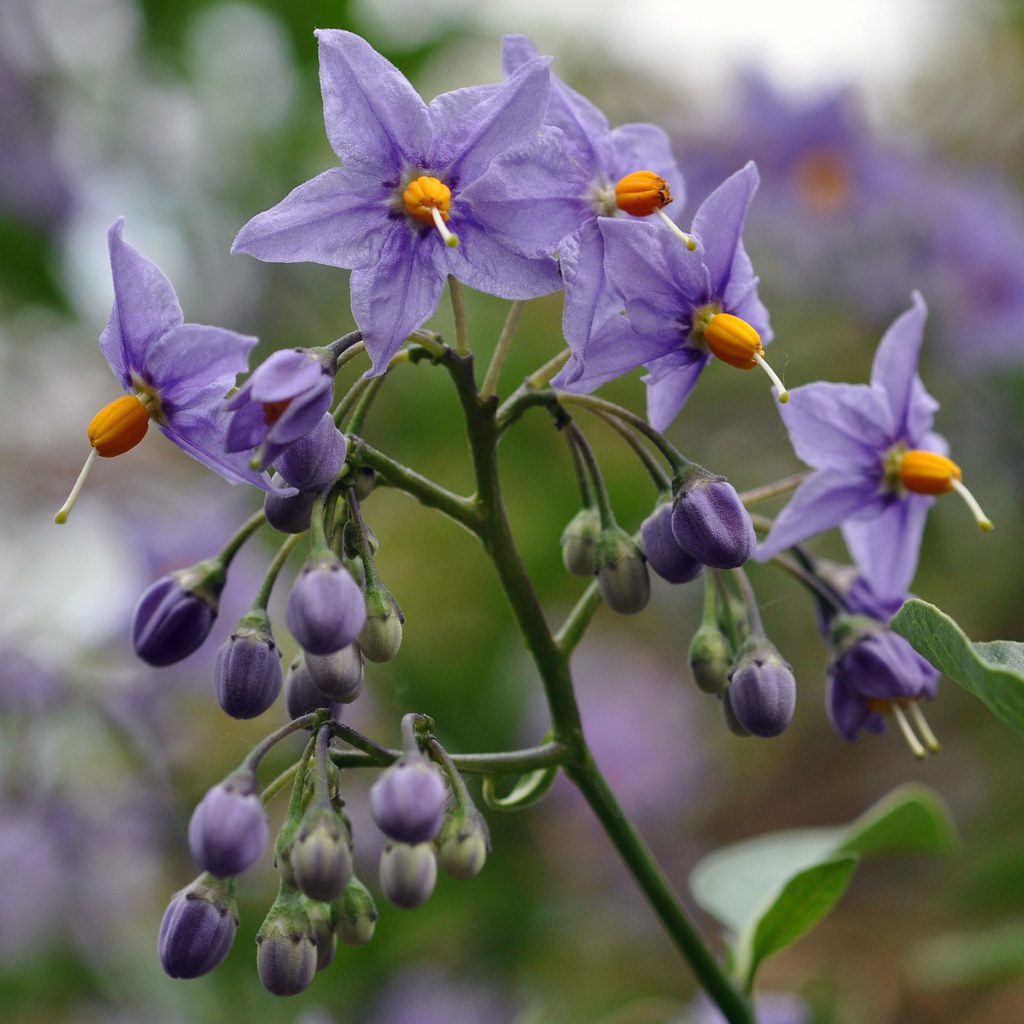
Firstly, introducing Auscrops, a wonderful market vending company bridging farmers and customers together through market vendors. Click here to find out more about nightshade as well fruit and vegetable offers.
Nightshade – The Good and the Bad
Nightshades are a family of plants that have been used for centuries in various cultures for their culinary and medicinal value. While some species of nightshade can be beneficial to our health, others can potentially be harmful. It is important to understand the differences between the two categories so that you can make informed decisions when buying fruits and vegetables. Let’s explore nightshade in detail!
Types
The nightshade family includes both edible species (such as potatoes, tomatoes, eggplants, and peppers) as well as poisonous species (such as belladonna). Generally speaking, edible nightshades are safe to consume in moderation. However, some people may experience adverse reactions when consuming them. This is because they contain a compound called solanine which can be toxic in large amounts. If you think you may be sensitive to nightshades, it is best to avoid them altogether or consult your doctor before eating them.
Health Benefits
Edible nightshades are rich sources of vitamins and minerals such as vitamin C, potassium, folate, and fiber. They also contain antioxidants which may help protect against free radicals and oxidative stress. Additionally, studies have shown that eating certain types of nightshades may reduce inflammation and improve digestive health. For example, tomatoes have been found to reduce the risk of certain cancers due to their high content of lycopene – an antioxidant with cancer-fighting properties.
Health Risks of Eating Non-Edible Nightshade Plants
As mentioned earlier, not all species of nightshade are edible – some can even be deadly if eaten! Examples include belladonna (also known as deadly nightshade) which contains alkaloids that can cause serious side effects such as hallucinations, convulsions, coma, or even death if consumed in large quantities. Other non-edible species include henbane (Hyoscyamus niger) which has hallucinogenic effects; mandrake (Mandragora officinarum) which is known for its narcotic properties; and jimsonweed (Datura stramonium) which has sedative properties when eaten but can also cause severe poisoning if ingested in large amounts. For this reason it is important to exercise caution when handling any type of plant from the nightshade family!
Conclusion:
In conclusion, while some species from the nightshade family can provide valuable nutrition benefits when consumed in moderation. Others should avoid due to their potential health risks. If you think you might be sensitive or allergic to these plants. It’s best to avoid them altogether or consult your doctor before eating them.
Click here to read similar articles.
 Français
Français 